Sabina Vatter first visited Australia in 2015 and fell in love at first sight. She now calls the Northern Beaches her home. Sabina carries out research in homeopathy and psychology and is a Sydney homeopath working at the Harbord Homeopathic Clinic. She first received homeopathy as a child and has repeatedly seen the benefits of homeopathy for many emotional, psychological, and physical symptoms in acute and chronic situations.
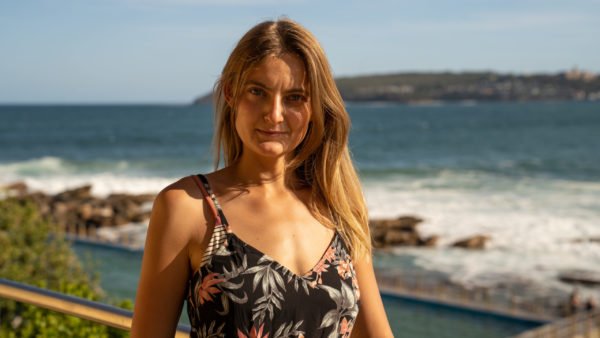
Sabina Vatter, Homeopath at Harbord Homeopathic Clinic
Since 2020, Sabina is conducting Australian research in homeopathy, in Brookvale with The Aurum Project She is now part of the homeopathic research team and she has also been involved in research in homeopathy medicine with the Society of Homeopaths Research Committee in the UK since 2019.
In this interview, we dig deep into Sabina’s history and how she got to where she is, and what she’s doing today.
Could you tell me a little bit about your early years?
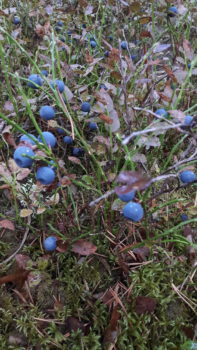 I grew up in a small country in the North-East Europe called Estonia. My family is bilingual – we spoke Estonian and Russian at home. More than half of Estonia is covered by forest and we spent a lot of time in nature, going to the beach in the summer (although the water was as cold as in the winter here), wild blueberry picking in August, mushroom picking in early autumn, and sledging or skiing in the winter. I have very fond memories of hiking and camping in the green forests and national parks in Estonia.
I grew up in a small country in the North-East Europe called Estonia. My family is bilingual – we spoke Estonian and Russian at home. More than half of Estonia is covered by forest and we spent a lot of time in nature, going to the beach in the summer (although the water was as cold as in the winter here), wild blueberry picking in August, mushroom picking in early autumn, and sledging or skiing in the winter. I have very fond memories of hiking and camping in the green forests and national parks in Estonia.
It seems like Estonia is a lovely place to live. What brought you to live here in Manly?
I have been to Australia twice in the last few years to visit my sister. After graduating in the UK, I was looking for a change of scenery and my sister invited me to live in Australia. As she was living in the Northern Beaches, there was no doubt I will be living here as well. I love living in Manly for its healthy lifestyle, friendly community, beautiful nature, and warm climate.
What do you like to do in your spare time?
I love spending time with my friends, doing yoga, rollerblading, surfing, snorkeling, dancing salsa and going for hikes exploring the beautiful surroundings. I also like cooking and baking and you will often find me in the kitchen experimenting yet with another new gluten and dairy-free recipe.

What is your most memorable travel experience?
I have been lucky enough to discover new destinations as part of presenting my work at conferences as a researcher. One of the most memorable places I’ve visited is Hawai’i. Every day whilst there I got to enjoy hiking in the mountains, swimming with the fish, doing SUP yoga for the first time and eating countless amounts of poke bowls and snow ice. I truly felt that this was paradise – much like life here in the Northern Beaches.
You mentioned that you are a researcher. Could you tell me more about your career?
After completing my bachelor and master studies in Estonia, I pursued a PhD in Medicine, specialising in Clinical Psychology, at the University of Manchester in 2019 focusing on the impact of Parkinson’s-related dementia on care partners. Since then I have worked in perinatal psychology research and I currently work in psycho-oncology research. I enjoy working in academia as it’s interesting and challenging, yet rewarding and beneficial.
That’s great! And what motivated you to become a homeopath?
My mum, discovered homeopathy when I was very little and later qualified as a homeopath. I remember whenever I had a fall, hit my leg or had a fever, cough or sore throat, I would ask my mum for help and she would give me homeopathic remedies. The rapid, gentle healing I experienced throughout my life with homeopathy has been incredible and it motivated me to take a step further from my psychology studies and train as a homeopath.
What gives you your drive? What professional accomplishment are you most proud of?
I’m passionate about working with people and helping them in their journey towards better health. From my numerous academic publications, presentations at academic conferences internationally and graduating from my PhD and homeopathy at the same time, I am still the most proud of having helped many children and adults with different health complaints in Europe and in Australia to get better with homeopathy. When somebody tells me that their symptoms are gone, that they no longer need to call an ambulance and they feel energetic, strong and happy again is one of the best feelings to experience in the world. Knowing the changes that I made in that person’s life gives me the biggest drive to continue doing what I do and helping more individuals to feel happy, healthy and joyful.
Where do you see yourself in 5 years?
I see myself continuing as a psychology researcher, homeopath, and homeopathy researcher for the next few years. I would love to continue helping more people and children get better as well as publishing my work in clinical psychology and homeopathy in academic journals. My dream is to publish a book one day collating my knowledge and experiences in homeopathy and research.
What is your view of the future of homeopathy?
In these turbulent times, it’s important to be flexible and adaptable. It is my hope that homeopathy continues to be accessible and available for everyone globally. Homeopathy, like many other types of alternative medicine, is never ‘complete’ or ‘finalised’. There are constantly new remedies proven, novel information about well-known remedies, and new research studies being published. I believe the evidence-base of homeopathy’s effectiveness and efficacy will continue growing in the future and our understanding of how homeopathy really works will keep expanding as well.
What can homeopathy add compared to other types of treatment modalities?
Why should people try it? Is it for everyone?
Homeopathy is for all living organisms at any age, including babies, toddlers, adults, pregnant women, older adults, even pets and plants. This demonstrates the vast possibilities of homeopathy as it can help with diverse conditions, symptoms, illnesses, and get to the root cause of the disease. A homeopath takes a detailed look at mental, emotional, and physical symptoms. Based on a comprehensive analysis they give a homeopathic remedy, which is fully individualised suiting the person and their presenting symptoms.
I recommend trying homeopathy as a holistic treatment option if you are interested in an individualised approach to healing from the inside out and receiving ongoing support in your journey to better health. Homeopathy can help with deep mental pathology, such as anxiety, depression, phobias, grief, and trauma. As well as numerous physical conditions, for example eczema, digestive issues, gynaecological concerns and autoimmune conditions.
I believe there is a place for all complementary and alternative medicine (CAM) modalities as well as conventional medicine, as we will need different treatments and approaches at different times for different health concerns. The preference of one person for the same condition may not suit another person, or what works for one person may not work for another. This is why it’s so great to have a choice and various options to choose from.
Can you give an example of how homeopathy has changed someone’s life, including yours?
I can say hand on heart that homeopathy changed my life. My mom was my first introduction to this beautiful treatment form. When I was 14, I received a remedy that completely changed me from being a very shy, reserved, and scared girl to someone who was active, energetic, and open to new challenges. I couldn’t believe that a single homeopathic remedy could make such a big difference and since then, I knew I wanted to become a homeopath in the future.
I think of several of my clients whose lives have changed with homeopathy. In one case a woman with debilitating migraines, where she had to be in bed for three days, culminating in calling for an ambulance. She received a constitutional remedy and has not experienced those intense migraines for a few years now. In another case a woman experienced overeating episodes with low self-esteem and after one remedy had a major release of 40+ years of suppressed trauma, which was helped by another remedy bringing her back to herself. I’ve also had many success stories with children’s behavioural issues with single constitutional remedies and many rapid healings in acute situations.
Fascinating! Do you have any final comments about practicing as a Sydney Homeopath on the Northern Beaches of Australia?
I would just like to say that all homeopaths and holistic practitioners are motivated to help their clients to get better and increase their quality of life and subsequently joy, happiness, and life satisfaction. We are all here to support each other. If you would like to get in touch with me, please email me. I also have a podcast, which I invite you to listen to.
- Filling in the Gaps: A Homeopath’s Tour of a Dental Technician Lab - 08/11/2024
- Homeopathy surge worldwide - 11/08/2024
- Autism is helped by several different styles of homeopathy - 07/05/2024
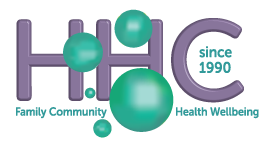

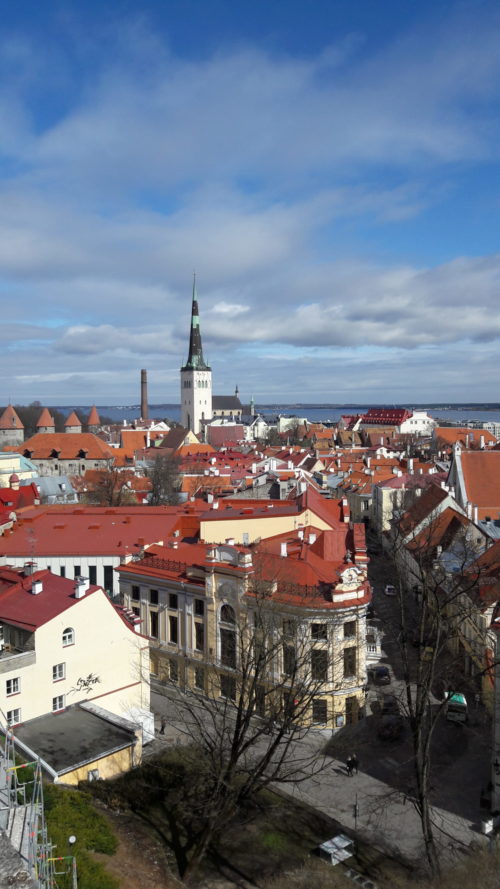

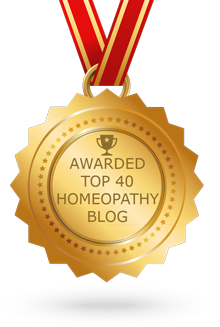
Leave a Reply